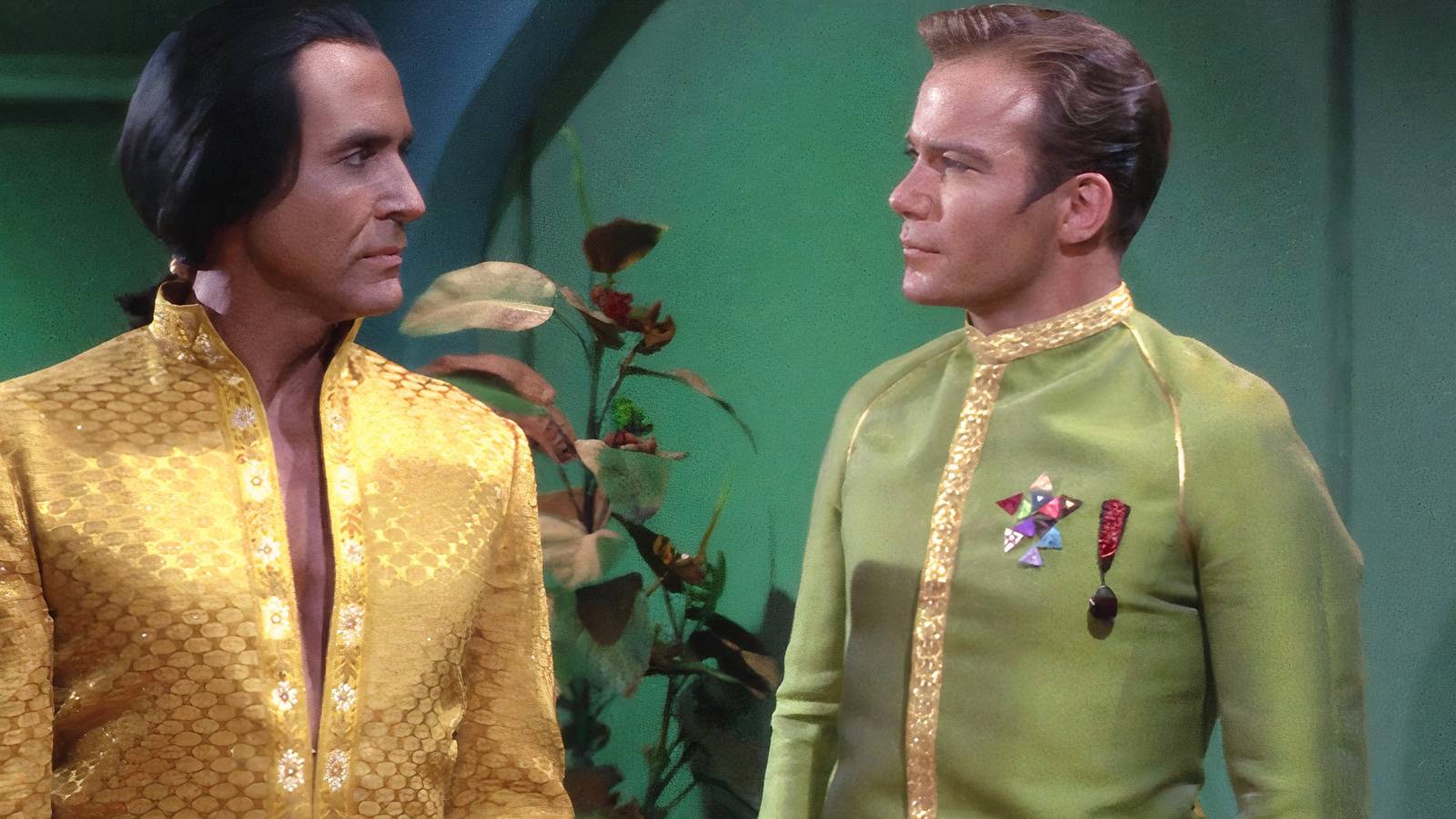I Live In The UK, And Daryl Dixon Season 3, Episode 1 Was Very Hard To Watch
Although the protagonists only spent a short amount of time there, it was long enough to learn that the UK had fallen during The Walking Dead's zombie outbreak despite initially locking down the island. Likewise, the spinoff also suggested that Stephen Merchan's character, Julian, may have been England's last remaining survivor, which doesn't bode well for Scotland, Wales, or Northern Ireland.
Hearing about this lore is exactly what made me so enthusiastic about the zombie franchise heading overseas, and while I was disappointed to learn all the UK's communities were seemingly destroyed in Daryl Dixon season 3, I got over it. However, one thing that was impossible to look past was the show's laughable portrayal of life in the UK.
Daryl Dixon's Trip To The UK Was Filled With The Usual Stereotypes
Given that the franchise's entire premise revolves around people coming back from the dead and turning into flesh-eating monsters, I wasn't expecting realism to be at the forefront when it came to The Walking Dead's take on the UK. That said, the abundance of stereotypes and over-the-top British references was far worse than I could've ever imagined.
Even Julian's introduction saw him make an obscure nod to a former British Prime Minister that felt completely random. It's far from how most residents would introduce themselves, even in such bizarre circumstances, and the overall representation of the UK felt more like a parody than an actual attempt to convey any popular customs or traditions.
Daryl Dixon's Depiction Of The UK Felt Nothing Like Reality
As someone from the UK, I can't speak on the depiction of France, but I can confidently say The Walking Dead's version of my home country is nothing like reality. Alongside the countless stereotypes, the spinoff doesn't cover itself in glory when it comes to illustrating everyday life in Britain, with a few notable examples standing out.
Julian's "sod off" comment is something you may theoretically hear, but the average Brit is much more likely to reply "piss off" or perhaps add even more profanity. Additionally, Chunnel is a term rarely used here, with most people just referring to it as the Channel or the tunnel, and even the country's interior design looked a little off.
Considering parts of season 3 were filmed in England, it's hard to criticize the architecture, but the house Daryl and Carol hide in feels like a Hollywood take on what typical homes in London look like, whereas the reality is much different, and far less posh.
With Daryl Dixon season 3 officially taking the series to Spain, it'll be interesting to see if the show does a better job when it comes to bringing this country to life in an accurate fashion. However, based on how the UK turned out, I'm a little worried that The Walking Dead will prioritize spectacle and identifiable clichés over realism and accuracy.
Star Trek Reveals A Big Twist Between Captain Kirk & His Greatest Enemy

Star Trek: Khan reveals a surprising twist between Captain James T. Kirk's (William Shatner) and Khan Noonien Singh (Ricardo Montalban) after Star Trek: The Original Series.

Star Trek history records Khan as a genetically augmented tyrant, a villain, and Captain Kirk's greatest enemy. Indeed, in Star Trek: The Original Series' "Space Seed," Khan attempted to hijack the USS Enterprise and kill Kirk. 20 years later, Khan returned to exact vengeance on Kirk in Star Trek II: The Wrath of Khan.
In Star Trek: Khan, which takes place in 2293, 8 years after Khan's death, a Starfleet researcher named Dr. Rosalind Lear (Sonya Cassidy) acquires Khan's personal logs left behind on Ceti Alpha V. What Lear discovers changes what audiences thought they knew about Kirk and Khan after their conflict in Star Trek: The Original Series season 1.
Star Trek Reveals There Was More Respect Between Captain Kirk & Khan Than We Knew
Star Trek: Khan's flashbacks to Ceti Alpha V begin not long after Khan Noonien Singh (Naveen Andrews) and 70 of his followers are left on Ceti Alpha V by Captain Kirk and the Starship Enterprise in 2267. Star Trek: Khan reveals that Captain Kirk offered Khan and his people more assistance than Star Trek: The Original Series indicated.
Star Trek: Khan also reveals Capain Kirk's logs from Star Trek: The Original Series are not in Starfleet's official records.
Captain Kirk's generosity and compassion towards Khan shows that despite his enemy's nefarious attempt to kill him and steal his starship, Kirk rendered more support towards the Augments than previously known.
In turn, Khan has a surprisingly high opinion of Kirk after the Captain releases him onto Ceti Alpha V, telling his followers, "Kirk did us a favor." This is a sharp contrast to his seething hatred of Admiral Kirk in Star Trek II: The Wrath of Khan.
Star Trek: Khan Adds Another Twist To Khan & His Wife
At the end of Star Trek: The Original Series' "Space Seed," Lieutenant Marla McGivers (Madlyn Rue) joins Khan and his followers on Ceti Alpha V. It always seemed that Marla joined Khan because she was in love with him. Star Trek: Khan adds new complexities to McGivers' relationship with Khan.
Further, McGivers learned that Augment women were created to be infertile, and Kirk's medlab was partly an effort for Khan's followers to solve this problem. Marla quickly began to fear that Khan brought her to Ceti Alpha V as "plan B" if the Augments' fertility problem couldn't be solved.
Star Trek: Khan shows that Khan's relationship with his future wife was also far more nuanced than audiences previously understood from Star Trek: The Original Series.








